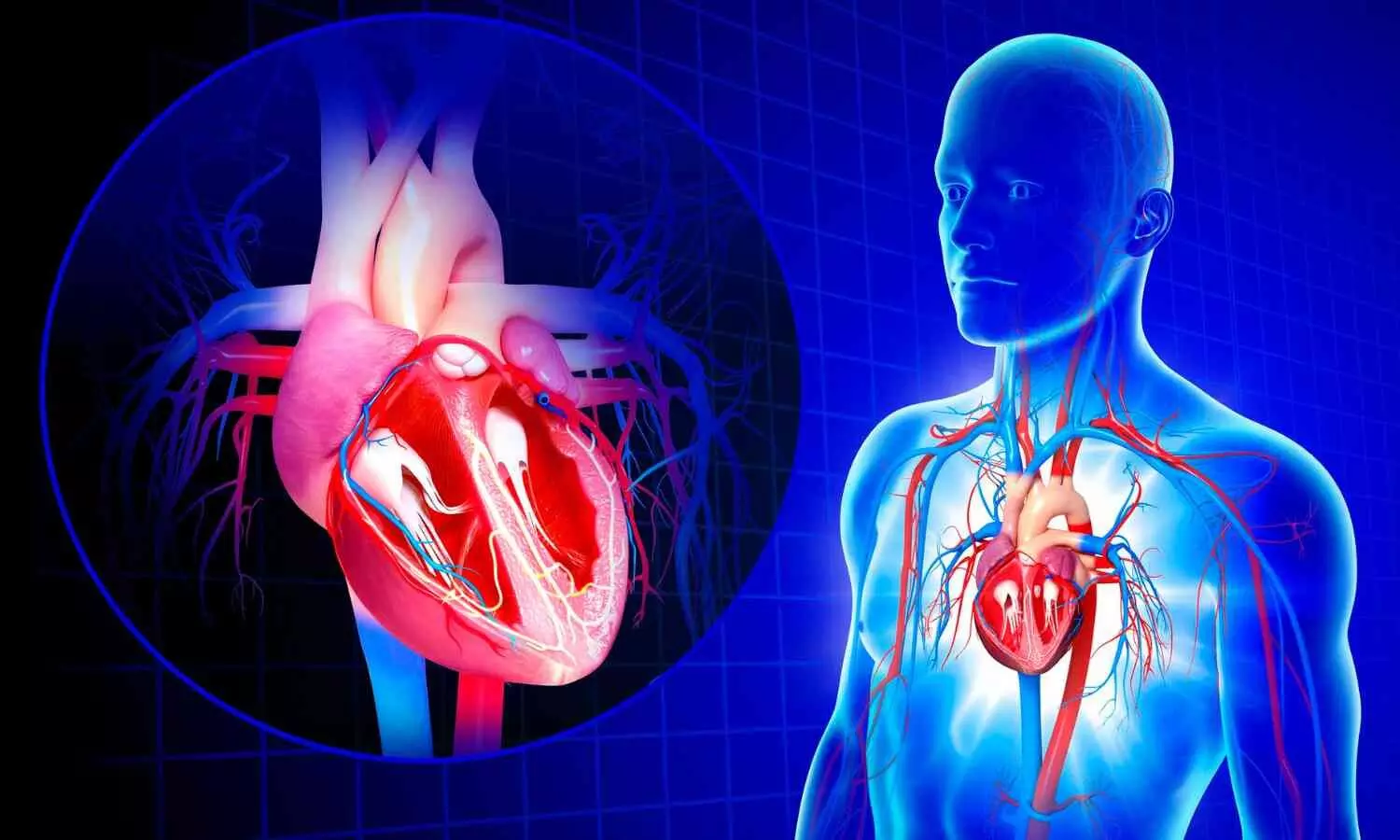Artificial Hearts May Enable Heart Muscle Regeneration After Failure: Study

New York: Heart muscle can regenerate in certain patients with artificial hearts, according to an international research team co-led by a physician-scientist at the University of Arizona College of Medicine – Tucson’s Sarver Heart Center in the US. The study found that a subset of patients with artificial hearts demonstrated significant heart muscle regeneration, a discovery that could pave the way for novel treatments and potentially a cure for heart failure. Currently, there is no cure for heart failure, with available medications only capable of slowing its progression. Advanced heart failure treatments include heart transplants or pump replacements through left ventricular assist devices (LVADs), which help the heart pump blood. However, these treatments do not reverse heart muscle loss.
“Skeletal muscle has a remarkable ability to regenerate after injury, unlike heart muscle, which does not grow back once damaged,” explained Hesham Sadek, chief of the Division of Cardiology at the University of Arizona College of Medicine – Tucson. In a study published in Circulation, Sadek and his team investigated whether human heart muscle cells could regenerate. Tissue samples from artificial heart patients were provided by researchers at the University of Utah Health and School of Medicine, led by Stavros Drakos, a pioneer in LVAD-mediated recovery.
The findings revealed that patients with artificial hearts regenerated heart muscle cells at a rate more than six times higher than healthy individuals. “This is the strongest evidence to date that human heart muscle cells can regenerate,” Sadek said, highlighting the intrinsic regenerative capacity of the human heart. The study also suggested that the inability of the heart muscle to "rest" may significantly contribute to its lost regenerative ability after birth.
Researchers proposed targeting molecular pathways involved in cell division to enhance heart regeneration, potentially revolutionizing the treatment of heart failure. These findings open new avenues for developing therapies aimed at restoring damaged heart muscle and improving outcomes for patients suffering from advanced heart failure.


